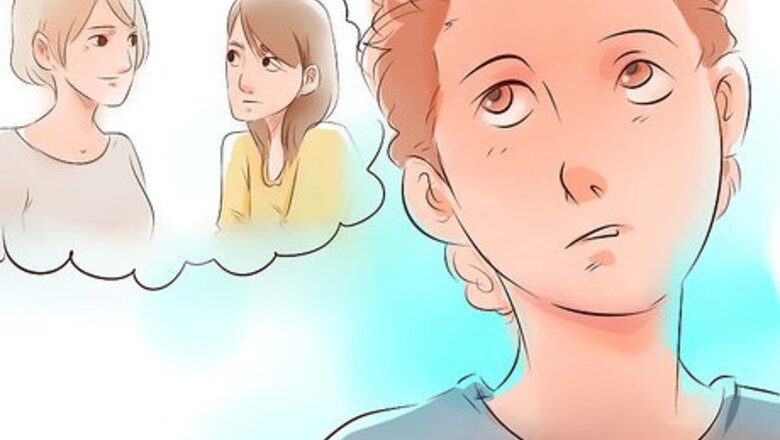
views
Mourning Your Former Friendship
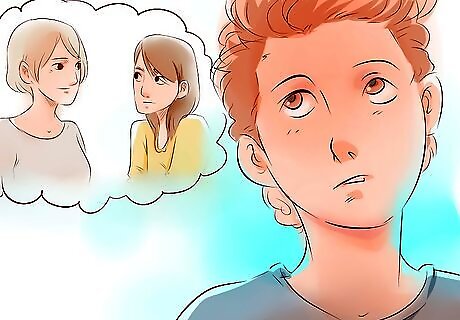
Acknowledge the good things about the friendship. Keep in mind that a friendship with a best friend is a relationship just like a romantic relationship. Relationships have a beginning and, in many cases, an ending, and getting closure for the relationship will help you move past the friendship. Think about the good times you had together and the reasons you became friends in the first place. Look at old pictures to reminisce about some of your favorite times together.
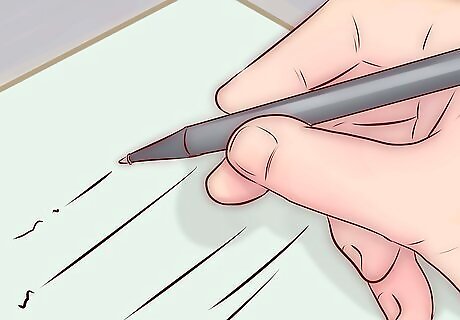
Write a letter to your friend. Write to your former friend to explain your feelings. You might take this opportunity to explain the reasons why you are not friends anymore (if you ended the friendship). You don’t need to actually send this letter if you don’t want to. If you do send it, don’t be malicious or mean in the letter. Be a mature person in this situation.
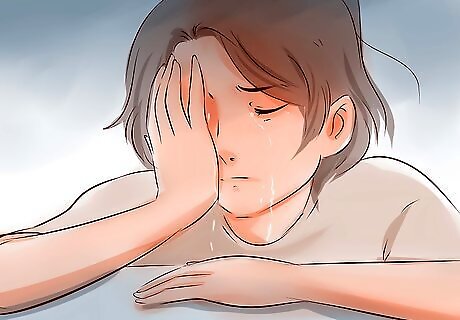
Cry about it. It’s okay to get emotional about the loss of your friendship. Feeling sad about not having your friend in your life anymore is perfectly normal. It is important to accept the reality of the situation. You have experienced a loss and probably the heaviness that is not uncommon with a loss.
Removing Evidence of Your Friendship
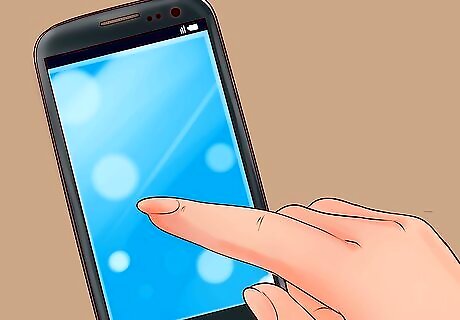
Delete your friend’s number from your phone contacts. Seeing your friend’s name on your phone as you scroll through your numbers will only serve to remind you about her and about your falling-out. Delete her phone number from your contacts. Clear your recent call and text history so that her number isn’t listed there either.
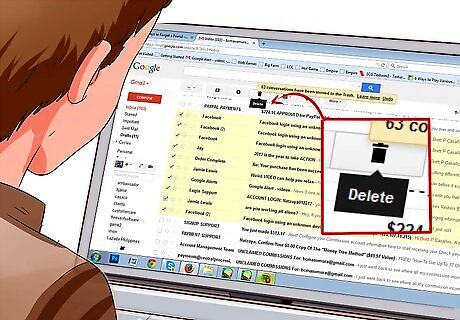
Remove your friend’s email address from your address book. Delete your friend’s email address so that you’re not tempted to send a mean email or reminded about the hurt you feel. If your email program keeps auto-loading her email address, try clearing the cookies on your web browser.
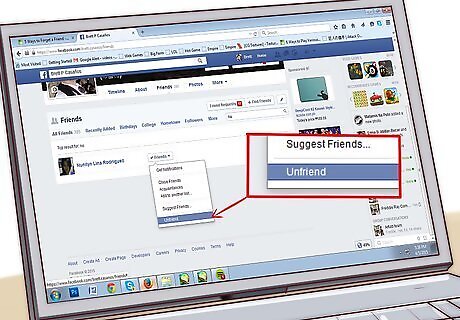
Remove your friend from your social media contacts. Unfriend this person on Facebook, stop following her on Twitter, and undo your connection to her on other social media sites. You might still see her if she’s friends with your friends, but at least you won’t be constantly reminded about her every time you log in.
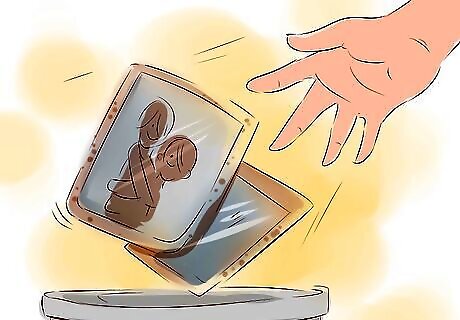
Return or get rid of your friend’s things. If you have anything that belongs to your friend, return it to her. Otherwise, get rid of it. Remove this extra clutter from your life so that you don’t have these constant reminders about your former friend.
Focusing on Your Other Friends
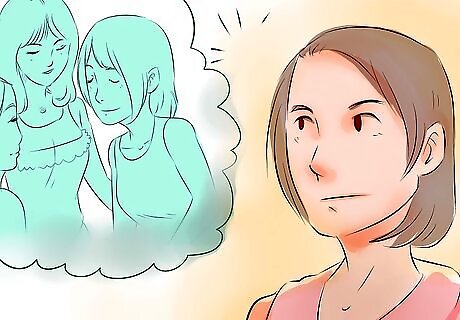
Don’t make your friends take sides. When you have ended a friendship with one friend, this doesn’t mean that this person is completely out of your life. Your other friends may still be friends with her. It’s best to remain neutral, or at least as much as possible. Don’t make your other friends take sides or make them feel bad for continuing their friendship with that person.
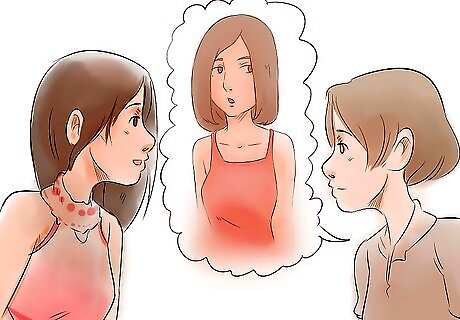
Don’t keep complaining about your former friend. There is a short period of time after you’ve ended a friendship when you can talk about the hurt you feel. But then you need to move on. If you truly want to forget about your former friend, don’t keep talking about her with your current friends. They don’t want to rehash the same conversation over and over with you.
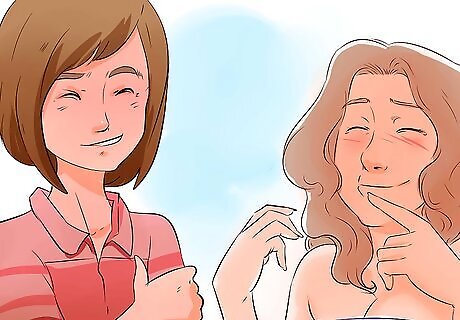
Value your other friends for who they are. The loss of one friend might make you try to fit another friend in their place. If you ended a friendship with your favorite dancing partner, you might try roping in another friend to go dancing. But if that person hates dancing, then accept their preference.
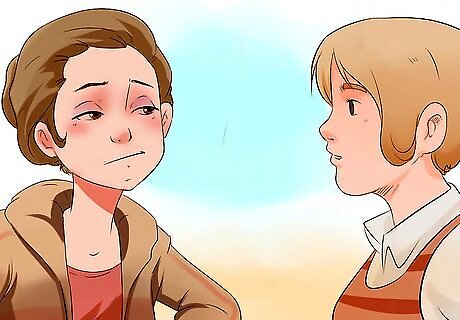
Be a better friend. Use the experience of your former friendship as a way to become a better friend for your other friends. If your former friend ended the friendship and you may have been at fault, think carefully about how you treated her. Use this as a lesson to keep your other friendships going strong.
Making New Friends

Think about what clashed in your personalities. Think about the reasons why you’re not friends with this person anymore. They might have stolen from you or treated you poorly. Your personalities might just not click together. Think about the things that you didn’t like about this person or that bothered you.
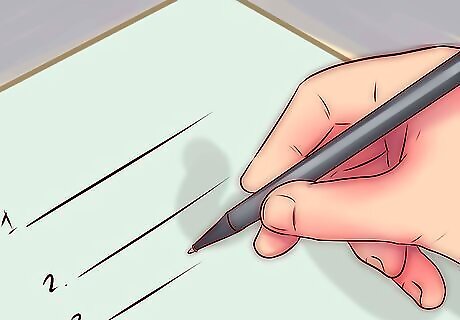
Make a list of what you need in a friend. When you end a friendship, you will likely start looking for someone to fill that spot. Use this opportunity to figure out what you really want out of a friendship and which qualities you admire in a person. What do you need to stay away from? While no one is perfect, a new friend can fulfill many qualities that you’re looking for.
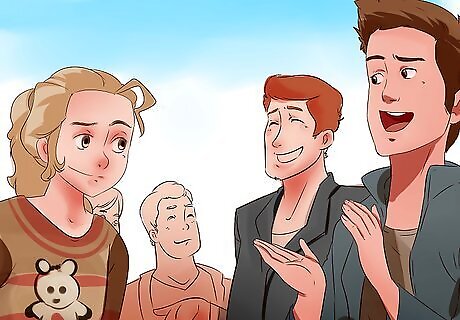
Branch out your social circle. It can be difficult to make new friends. Adults might be busy with family and work, and lacking in leisure time to put in the effort to develop friendships. As well, if you’re at a small school, the pool of potential friends might be pretty small. Think about ways to branch out from your usual group of friends or acquaintances and meet new people. Join a club, go to the gym regularly, or volunteer with a nonprofit organization. Finding people who share your interests can be a great way to develop new friendships.
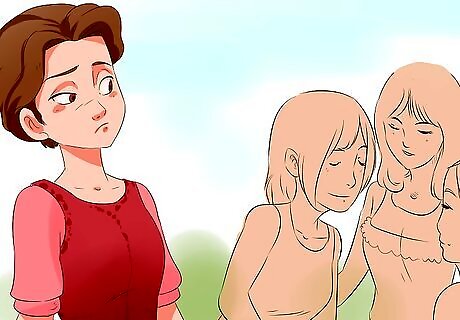
Don’t expect instant friendship. Making friends is hard work, and even when you click with someone, it still takes effort to build the friendship. Perhaps your former friend was someone in your life for 10 years. Your new friendship won’t feel quite the same, in large part because you don’t have any history together yet. Be patient and let the friendship develop naturally.
Moving On With Your Life
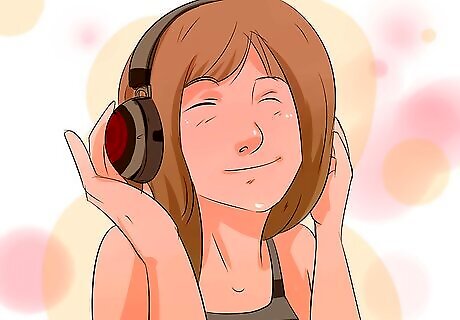
Pursue some of your own interests. Take time to reconnect with what you like to do on your own. At this time, you don’t have to compromise your interests to accommodate your friend, so take the opportunity to see the movie you want to see, or eat at your favorite restaurant. If obtrusive thoughts about your friendship keep running through your mind, do not pretend that they don't exist. Accept them, and find ways to alleviate them and calm your inner person down. You can consider meditation, journaling, deep breathing, as well as athletic or artistic activities.

Remember the good times. As more time passes from the time of your “breakup,” you’ll start to think fondly about the good times that you had with your friend. It’s much healthier for you to think about why you became friends in the first place. You can still acknowledge the bad times and the reasons why you aren’t friends anymore. But use these instances as starting points for thinking about how you’ve grown, rather than the entire focus of your friendship.
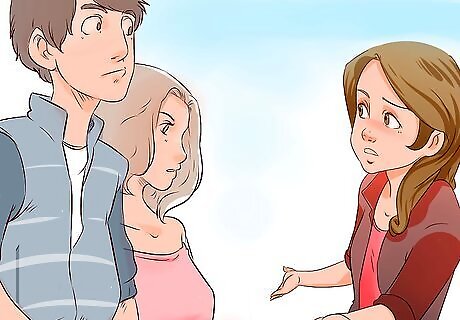
Talk it over with someone. If it’s been upsetting to end your friendship, talk it over with someone who can give you some perspective and help you figure out ways to move on. For example, you might talk with a family member or even a counselor. Refrain from talking with someone who is still friends with the other person. This might draw them into the middle of things, which is an uncomfortable role to place another friend in. You might risk losing another friend in the process.
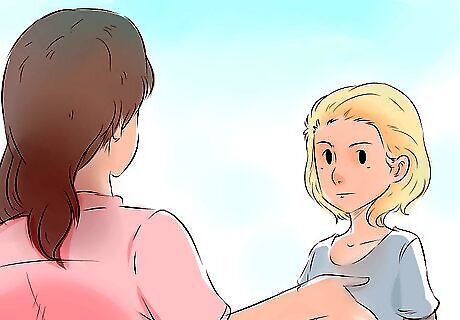
Be cordial if you see your friend. If you live near your former friend, chances are you might run into her again. Plan out ahead of time what you might say to her in this situation. Above all, be cordial and mature when you see her. You don’t have to like her, especially if she hurt you. Make it clear that you are not interested in restarting your friendship. Say something like, “It’s nice to see you. I wish you the best.” This statement tells her that you have closed the door on the friendship.
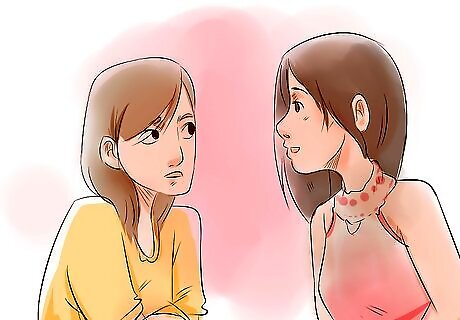
Reconnect if it feels right. If you miss your friend and you are ready to forgive her, or you decide that it’s worth the trouble to stay in touch even though you live 3,000 miles (5,000 km) from each other, then go for it. If your friendship has been strong in the past, you might have something to build on. Acknowledge that both of you have changed and you have different lives now. Don’t force the friendship back to being exactly what you had before. You have both evolved as people, and your friendship should evolve as well. Don’t become friends again if the friendship was toxic for you.
















Comments
0 comment